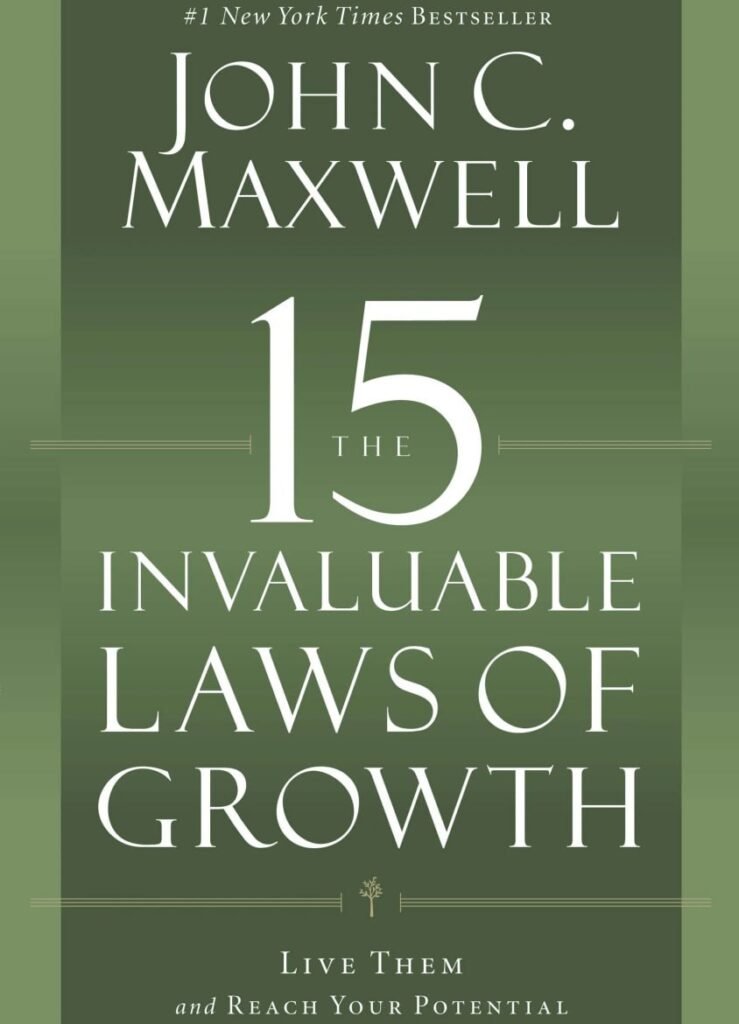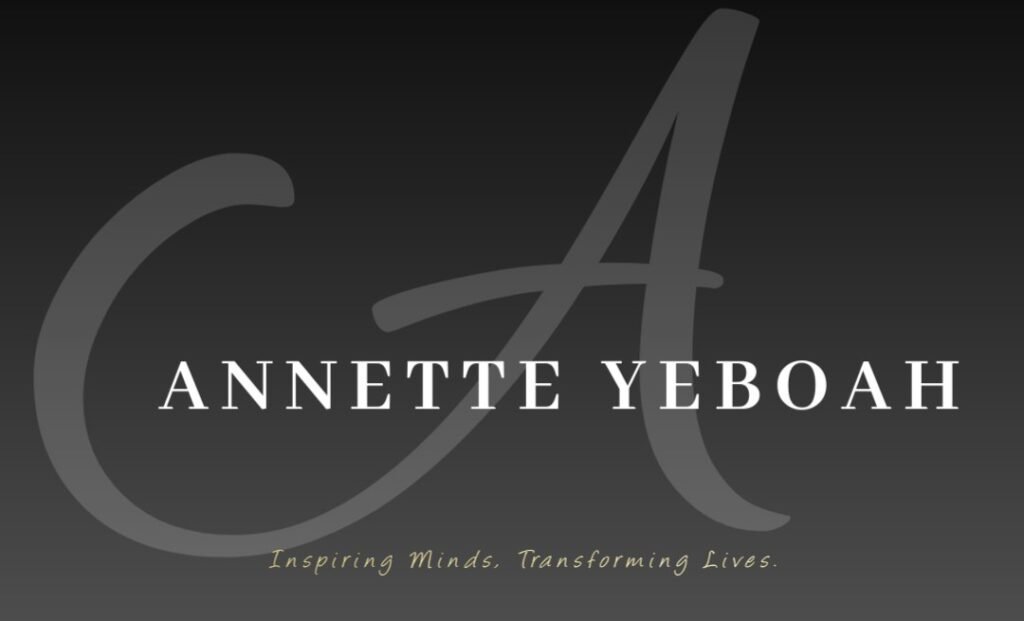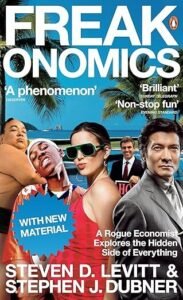I loved reading books from fiction, novels, mystery, spiritual, and to comic books. I loved reading such books because I wanted to be exposed to the happenings around the world and also to know how people think.
In my country, Ghana, there are certain perceptions out there that Ghanaians do not like reading, let alone buying books. There is another saying that if you want to hide anything from a Ghanaian, drop it in a book because they would never open it. They are only talkative and always lamenting.

It was self-help books that I did not like to buy, read, or even touch. My belief was that the authors of these self-help books were atheists and did not believe in God, Jesus Christ, and the Holy Spirit. I also believed they were using logic to manipulate people.
I used to hate self-help books. In fact, I would cringe at the mere mention of them and even roll my eyes whenever someone suggested I read one. But you know what? I was wrong. It took me some time and a whole lot of convincing, but I finally opened my mind and gave self-help books a chance. And let me tell you, I’m glad I did.
I was very much engrossed in the Holy Bible and other Christian books. Self-help books were not meaningful to me, as I believed they would not help me grow either physically or spiritually.
I still strongly believe in the Bible, and it is my number one and favorite book of all time. I felt I knew it all, understood the scriptures, and could interpret them very well. So, I saw no need to read good self-help books by any author.
Now, before you judge me, let me explain why I had such a strong aversion to self-help books. Firstly, I thought they were all the same full of generic advice and cliché quotes with no real substance. I mean, how many times can you read about the power of positive thinking or how to manifest your dreams? It all seemed too repetitive and unoriginal to me.
Another reason for my disdain toward self-help books was the feeling of inadequacy they gave me. As someone who struggled with self-doubt and insecurities, reading about how I should be living my best life and achieving my goals only made me feel worse about myself. I constantly compared my life to the ideal examples presented in these books and felt like a failure for not measuring up.
I had friends and pastors introducing me to self-help books that could help me and heal my mental state. But I always turned them down with statements like, “How can they show me the way if they do not believe in the Lord Jesus Christ?” I feared what they had written would inculcate a new demonic doctrine into my life because they were imputing their false doctrines, which could pollute and destroy.
Oh, how ignorant I was. At that time, I was going through a series of traumas and depression, and I needed therapy but did not know who to turn to for help. Pastors could not help me at all. I felt lost.
But due to my hard stance against self-help books, I prevented myself from seeking help from counselors and reading self-help books that could have released my soul from the cage of captivity.
My thought was always that they were soothsayer authors appointed by the devil to impact evil knowledge on people and their readers.
One day, one of my auntie’s childhood friends, who was on vacation in Ghana, came to live with us for a short while. She loved reading, especially self-help books, and she was also a Christian in good standing.
She believed in Christ with all her soul, might, and strength.
On one particular day, we were having a chit-chat, and the topic of reading books became the theme of our conversation. She asked politely what my favorite genres of books were.
I told her spiritual books.
She asked about self-help books. I did not hide my perception of self-help books from her and told her how evil they were. She realized I was speaking from pain as she listened to my views.
Then she opened the floodgates of facts about self-help books and how they had helped and shaped her life and thoughts.
She said to me that she was once like me, standing at the same position. But one day, while surfing the internet, a video on YouTube popped up. Out of curiosity, she watched the video very keenly. The man in that video was talking about taking charge of oneself, how to be better, and how to influence society.
That man, according to her, was John C. Maxwell, a world-renowned leadership coach and mentor.
She said the man made some profound comments that helped her remove the scales from her eyes. Then she enrolled in his coaching course to become a certified John C. Maxwell Coach. She also ordered a copy of his then newly released book titled The 15 Invaluable Laws of Growth: Live Them and Reach Your Potential by John C. Maxwell.
She said she read it cover to cover, took key points out of it, and since then, it changed her thinking and how she looks at things now.
She lent me the book to read while she traveled to France.
But oh, how wrong I was. I realized how misguided my assumptions had been and that I had done a great disservice to myself. The views I had held all that while were wrong. John C. Maxwell’s book is based on the Bible, though it does not quote many scriptures.
The first thing that struck me was the writing style. Unlike my preconceived notions, the book was not preachy or condescending, but rather approachable and relatable. John C. Maxwell wasn’t trying to spout cheesy quotes or tell me how I should feel and behave. Instead, he shared his personal experiences and struggles, making me feel like I wasn’t alone in my own.
Secondly, the book didn’t offer cookie-cutter solutions or one-size-fits-all advice. Instead, it encouraged introspection and self-discovery, challenging me to think for myself and find what works best for me. It wasn’t about changing who I was, but rather embracing and improving upon my strengths and weaknesses.
And most importantly, the book didn’t make me feel inadequate or unsuccessful. Instead, it promoted self-acceptance and encouraged me to be kinder to myself. I learned that it’s okay to have quirks and imperfections and that they make me who I am.
Through reading this self-help book, I realized that my dislike toward the genre was rooted in my own biases and fears. I was resistant to change and afraid of confronting my own issues. But once I let go of these barriers, I was able to appreciate the value of self-help books and how they have the power to transform lives.
Each point was valid when compared to the scriptures. His background also tells me that he is a pastor who specializes in leadership and self-help books, something the churches and pastors were lacking. They were unable to provide practical applications of what they preached about, as most of it was based on theory.
So, to all my fellow skeptics out there, I urge you to give self-help books a chance. I’m not saying they hold all the answers to life’s problems, but they can provide valuable insights and guidance. And who knows, maybe you’ll find a book that will change your perspective, just like I did.
Happy reading and stay open-minded, my friends.
With love,





